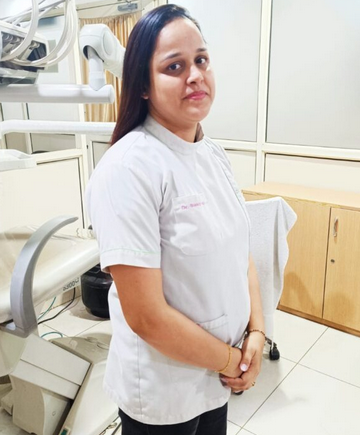The ADHD Landscape A Comprehensive Guide to Treatment Strategies.
ADHD is a heterogeneous disorder, and its manifestations can vary widely among individuals. It is crucial to recognize the diversity of symptoms and tailor treatment strategies to the specific needs of each person. The core symptoms of ADHD include inattention, hyperactivity, and impulsivity, which can interfere with academic, occupational, and social functioning.
To Know More About It Please Click Here
Behavioral Interventions
- Behavioral Therapy: Behavioral therapy is a cornerstone of ADHD treatment. It aims to modify behavior by teaching individuals new coping mechanisms and skills. This form of therapy is particularly effective in addressing issues related to impulse control, organizational skills, and time management.
- Parental Involvement: Parents play a pivotal role in managing ADHD, especially in children. Parental training programs provide guidance on effective parenting strategies, enabling parents to understand and address the unique challenges associated with their child’s ADHD.
- Cognitive Behavioral Therapy (CBT): CBT is an evidence-based therapeutic approach that targets negative thought patterns and behaviors. For individuals with ADHD, CBT helps develop healthier habits, coping mechanisms, and strategies to navigate the challenges of daily life.
Medication
- Stimulant Medications: Stimulant medications, such as methylphenidate and amphetamine-based drugs, are often prescribed to manage ADHD symptoms. These medications enhance neurotransmitter activity in the brain, leading to improvements in attention and focus.
- Non-Stimulant Medications: Non-stimulant medications, including atomoxetine and guanfacine, offer alternative options for those who may not respond well to stimulants or experience adverse side effects. These medications act on different neurotransmitters and have a more gradual onset of action.
Lifestyle Modifications
- Structured Routines: Establishing a structured routine is key to managing ADHD. Consistent schedules help individuals with ADHD better manage their time, reduce impulsivity, and enhance overall organization.
- Regular Exercise: Physical activity has proven benefits for ADHD management. Exercise helps release excess energy, improves mood, and contributes to better concentration and focus.
- Healthy Diet: While diet is not a standalone treatment, maintaining a nutritious diet can support overall health. Some individuals may benefit from avoiding certain food additives and colorings.
- Adequate Sleep: Quality sleep is essential for individuals with ADHD. Lack of sleep can exacerbate symptoms, negatively impacting attention, mood, and cognitive functions.
To Know More About It Please Click Here
Conclusion
The ADHD treatment landscape is multifaceted, acknowledging the unique needs of individuals with this condition. By combining behavioral interventions, medication, and lifestyle modifications, it is possible to navigate the complexities of ADHD and empower individuals to lead fulfilling and productive lives. Successful ADHD management requires a collaborative effort involving healthcare professionals, individuals with ADHD, and their support networks. As our understanding of ADHD continues to evolve, so too do the treatment options, offering hope for improved strategies and outcomes in the future.








